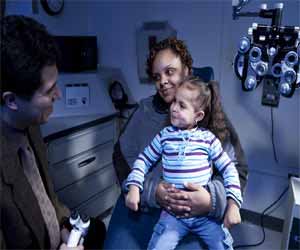
Researchers from The Netherlands sought to understand physician decision-making about the type of palliative sedation. They conducted a study in which they interviewed 54 physicians about their practices and attitudes toward sedation.
"Physicians either aim for deep sedation right from the start or begin with mild sedation and deepen it gradually if needed," write the authors. "The arguments that the interviewed physicians used for a specific approach related to alleviation of symptoms, communication, the possibility of awakening and expert advice."
Patient and family preferences, such fear of awakening in discomfort, contribute to the degree of sedation chosen. Physicians who believed communication with the patient was important used lighter sedation than those for whom communication was unnecessary as patients had indicated they were "ready to die."
"For further improvement of medical care at the end of life, we recommend that the arguments that physicians use about the depth of sedation should be studied in relation to the expectations of patients and families," conclude the authors.
Source-Eurekalert









